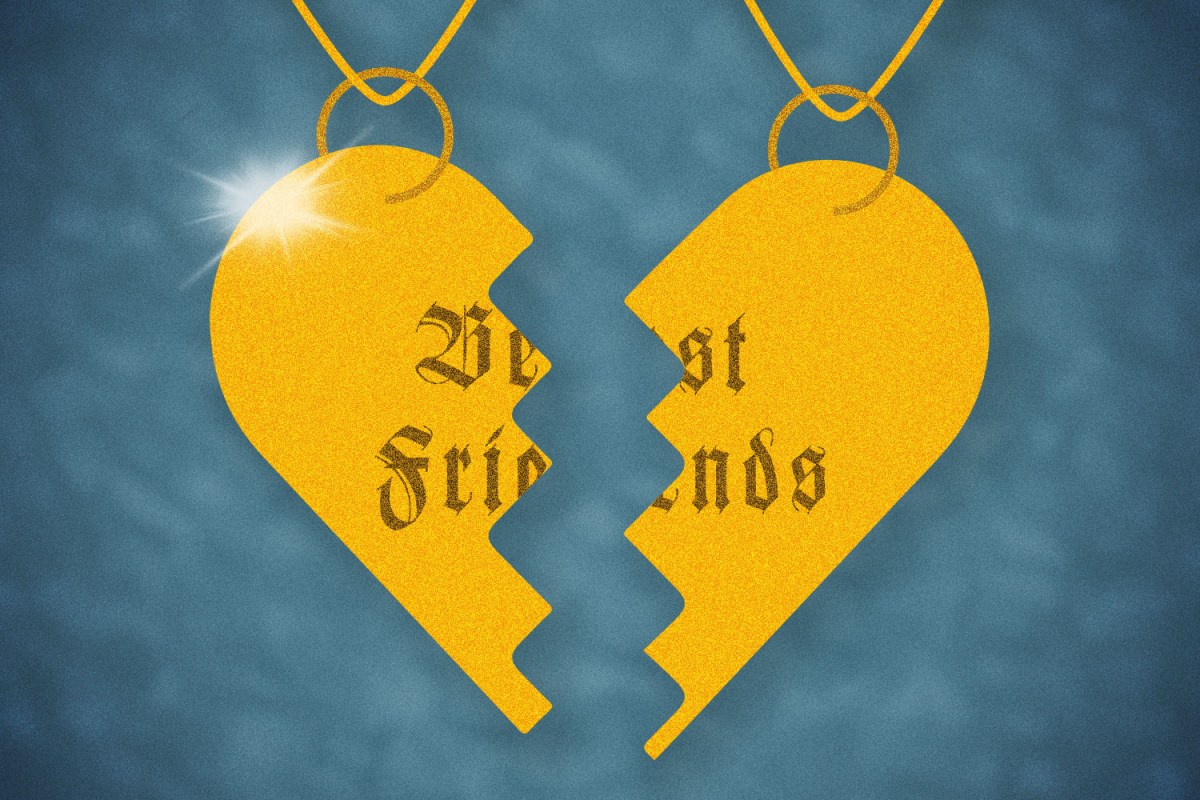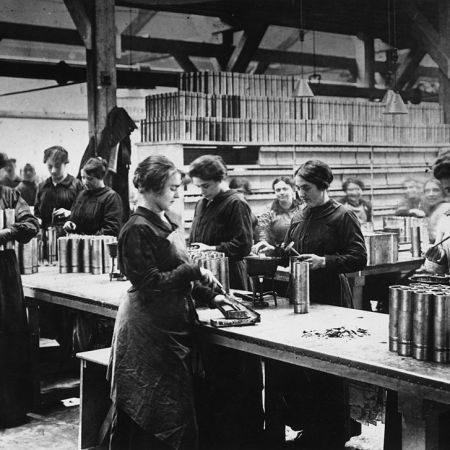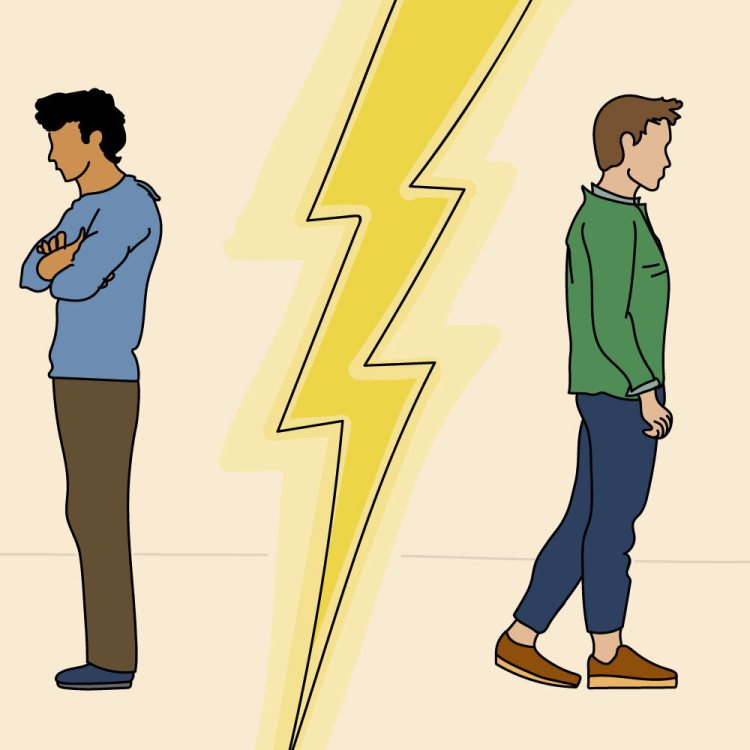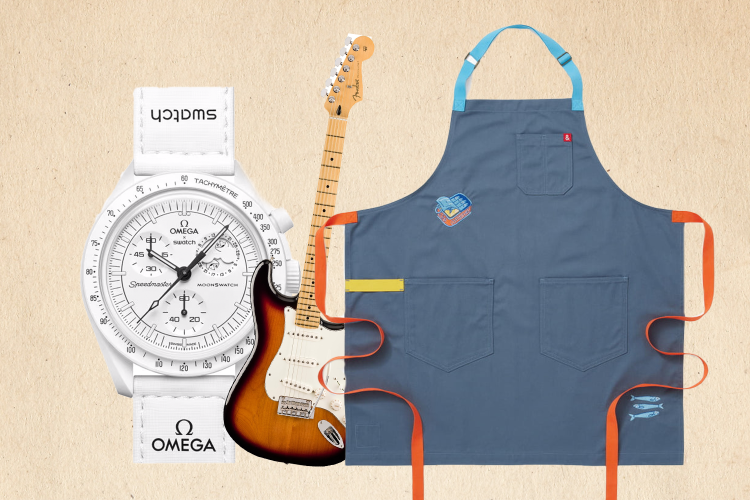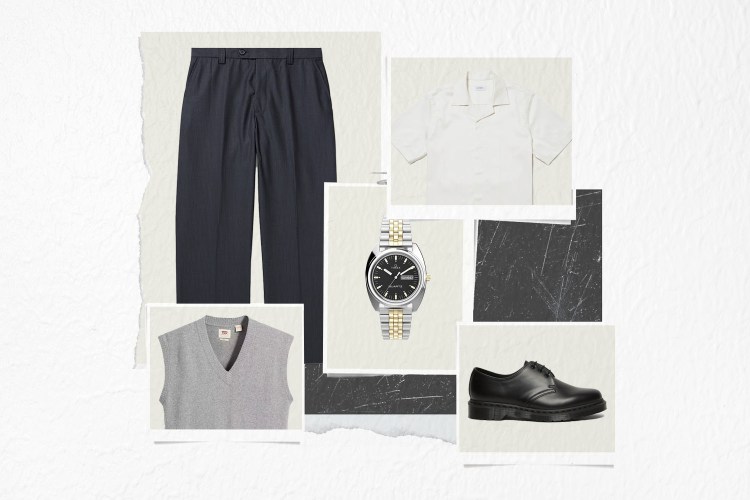Last month, data posted by Dr. Scott Barry Kaufman on Twitter revealed a pretty abysmal statistic.
“Heartbreaking: 15% of men and 10% of women in America have no close friends. The decline is most pronounced among men,” Kaufman tweeted along with a chart from the Survey Center on American Life. “In 1990, only 3% of men reported having no close friends. In 2021, the number rose to 15%. We need to help; friendship strongly predicts life satisfaction.”
According to the American Perspective Survey, which was conducted in May of 2021, it appears men have suffered a steep decline in friendships, and young men are faring the worst. Per the study, “More than one in four (28 percent) men under the age of 30 reported having no close social connections.” Unfortunateley, this survey only adds to the growing number of research that has found Americans’ social circles, overall, are receding — but the decline is still most prominent among men.
Men’s lack of meaningful friendships isn’t a new revelation, though this latest survey and Kaufman’s tweet may have prompted more people to take note. Men’s “friendship crisis” has been well documented over the past couple decades through books, articles and research. Yet the problem still persists and is only getting worse.
Why are men so bad at friendships?
While male friendships have reportedly declined since the ’90s, it wasn’t all hunky-dory for male bonding before the invention of the smartphone. Licensed New Jersey psychologist, award-winning author and national speaker Dr. Frank Sileo tells InsideHook he researched the phenomenon in 1995, and while his findings are nearly two decades old they’re still relevent to the dismal state of men’s platonic relationships today.
Sileo explains there are a few variables that explain why there’s lack of intimacy and close friendships in male-to-male friendships. The first being that men aren’t too keen on opening up.
“Men aren’t really great about expressing how they feel. And when they do, they feel that they [seem] weak. So men, who are more restrictive in their emotional expression, tend to have less intimate and close friendships,” he explains.
Ideas some men have about status can also make it difficult for them to develop friendships.
“I found that men who bought into the idea of success and power and competition amongst their male peers tended to have less intimate friendships. So they were more focused on career, on status. Most men, when they meet each other in a social situation, usually the first question men ask is, ‘What do you do?’ What you do for living might be indicative of how they might judge you. ‘So are you a professional? Are you blue collar? Are you white collar?’ They know socioeconomically where someone might fall. So there’s that competition piece, there’s the power piece, and then obviously the success piece.”
And the last component — who could’ve guessed! — is homophobia.
“Lastly, what I found in my research was homophobia to be a strong deterrence to intimacy and closeness and friendship,” says Sileo, who adds that subjects and even peers immediately assumed he was analyzing homosexual relationships. And the data Sileo collected supported these qualitative statements.
“So men who scored higher on homophobia in the scale had less intimate, less close friendships.”
Outdated gender ideals, toxic masculinity and homophobia are depressingly, but unsurprisingly, at the helm of men’s friendship crisis.
“Patriarchal societies such as ours relegate relationship maintenance, emotionality and care of any kind to women or deem it as feminine. Basically we tell men they don’t need to deal with any of those things,” Rachel D. Miller, a Licensed Marriage and Family Therapist and Founder of Hold the Vision Therapy, tells InsideHook.
“Men are expected to be tough, independent, stoic, rational, sexual and dominant. Where does that leave men when it comes to friendships? They’re allowed to play games, build things, drive fast cars, drink, give each other grief and watch sports together. Talk to each other about the ways they’re struggling emotionally or the challenges in their marriage? Talk about the state of their friendship with their friend? Not likely, not without some serious dismantling of internalized toxic masculinity. Truthfully, the men I have worked with who have great friendships are feminist men. They don’t always identify that way, but once you dig into their actual values that’s what it comes down to,” she says.
What’s causing the decline?
So we’ve established that men haven’t always been stellar at making and retaining meaningful friendships, but as research has shown, it’s getting worse. According to the Survey Center on American Life, the COVID-19 pandemic “is the most obvious culprit in the national friendship decline, but broader structural forces may be playing a more important role.” Americans are marrying later than ever and are more geographically mobile, parents are spending more time with their children and less time with their social circles and finally, Americans are working longer hours. “In fact, perhaps reflecting its central place in the hierarchy of American social life, Americans are now more likely to make friends at work than any other way — including at school, in their neighborhood, at their place of worship or even through existing friends,” wrote Daniel A. Cox for the Survey Center on American Life.
Sileo notes that work and family conflict never appeared as a variable, but he wonders, if he were to conduct the same study now, that might change. With the advent of smartphones and the internet as we know it, Americans are constantly on call, plugged in, which has created a fleeting work/life balance, leaving not that much room for relationships outside your coworkers.
Sileo also notes, with the rise of Zoom and platforms like it, the ability for socialization has opened up, but it’s not for everyone.
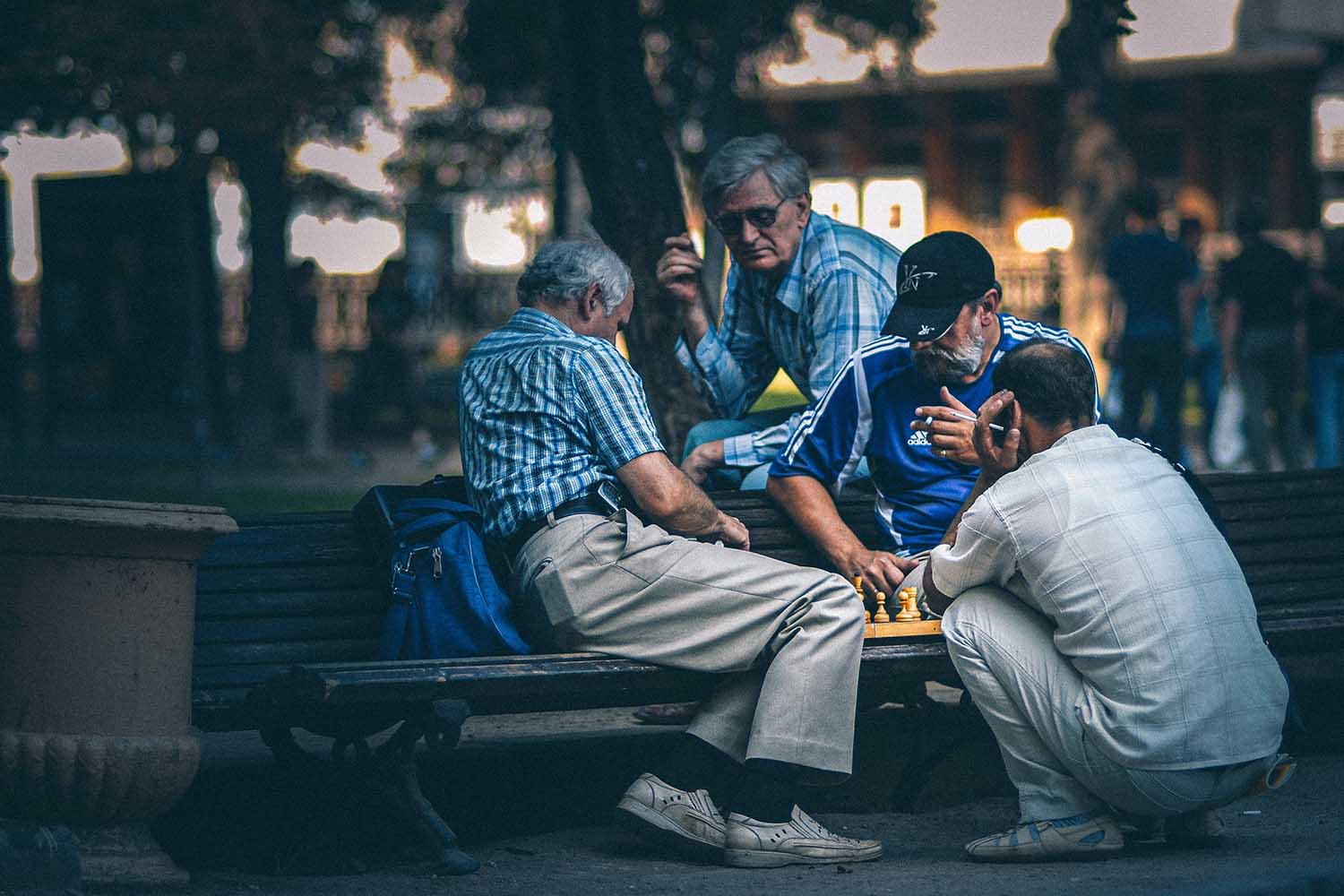
“For the most part, I think for many of my male patients, they kind of hunkered down at home and were content with that. They didn’t feel the need to have that social connection [via Zoom].”
Zoom also doesn’t lend itself to the way men natrually socialize, which differs from women. Men adopt a “side-by-side” relationship,” explains Sileo. “They’ll sit on the couch watching a sporting event, they’ll sit at a bar perhaps talking, where women are much more affiliative. They’ll sit across from each other and engage with each other face-to-face. I know even on Zoom that many of my female patients are much more comfortable with telehealth than some of my male patients, because they have to look at themselves, it feels a little bit more uncomfortable for them.” He adds the face-to-face contact on Zoom and virtual therapy can make men feel exposed, vulnerable or perhaps even weak — all traits, for generations, men have been taught to reject.
How lack of friendship can affect your health
Having and mainting deep, lifelong friendships certainly benefit your mental health, which ultimately leads to better physical health as well.
“There are lots of benefits of friendships and social support throughout our lives as we go through different developmental stages. Friendships enhance our sense of well-being. We know that social support and friendships decreased levels of depression and anxiety. On an obvious level, it decreases self-isolation, loneliness and depression. If you don’t take care of those mental health issues that can really affect your physical well-being,” says Sileo.
People with more social connections also have lower blood pressure, lower BMI and even live up to 22% longer.
… and your partner’s health
Sileo explains that many men self-report that most of their needs are met in their own family, with their wives, significant others or their children, and that their social needs are fulfilled through their partner or their partner’s friends, but this can become dangerous. “Because if the marriage or union dissolves, where does that leave you regarding your affiliated needs and your friendship needs?”
But relying on your partner or their friends to fill your social needs, can also be taxing on them. In 2019, Harper’s Bazaar reported on men’s lack of social connection and how their female partners are “paying the price.” Since men often don’t seek therapy or other male friends to discuss what’s bothering them, their partners become default therapists, leaving them exhausted or filled with anxiety themselves.
So how can men form and retain deeper, longer-lasting friendships?
Research has found men often bond through experiences and shared activities (think side-to-side relationship).
“It has been hard to go out and share an activity during the pandemic,” admits Dr. Jaclyn Bauer, founder and CEO of Virtue Supplements. “But when it is safe, men can go golfing, hiking, to a sporting event or an art exhibit together. Having a common interest and doing an activity related to that interest will help form a closer bond with friends.”
And while playing or watching sports, going to a concert or hanging out at a bar with friends is certainly beneficial, it’s also going to take some self-assesment.
“Ask yourself: Where are we at with friends? Why is it that we don’t value it as much and what can we do about it?,” says Sileo, who admits mainting friendships, especially now, can be difficult.
“It’s hard because we’re very mobile. People aren’t staying in jobs longer. So your friends from work, they’re very transient. We just move on. So our world is constantly moving, and it’s hard. There’s a lot of loneliness. Lots of people report feeling lonely. And I think most men won’t admit that they’re lonely because they may feel like that’s weak or wimpy or whatever pejorative word you want to use there.”
So if you’re feeling emotionally restricted, you might have to challenge yourself and ask: How open am I with my friends? What holds me back from sharing that? Could it be deeply ingrained harmful gender norms and homophobia? Probably!
“Friendships also take time to cultivate,” adds Sileo. “I feel like we don’t make time for what’s important. I think that we need to look at what is important in our lives. Obviously, if we have families and relationships with our significant others, that’s important to cultivate, but you have to also look at where you’re at with your peer relationships. Lots of our families are all over the place. We don’t have close-knit families because jobs and circumstances take us away from each other and that’s why we need to look for chosen family.”
Whether you’re looking to get into shape, or just get out of a funk, The Charge has got you covered. Sign up for our new wellness newsletter today.
